Depression and anxiety (including OCD and other related disorders) are common but complex disorders whose research needs very large sample sizes. The Genetic Links to Anxiety and Depression (GLAD) study launched September 2018 and aims to recruit >40,000 individuals. Anyone age 16 years or older who has experienced one or more of these disorders during their lives can join this recontactable database to facilitate future research. Participants will also join a national Mental Health BioResource and contribute to the largest ever single study of anxiety and depression.
All enrolment takes place online at the GLAD website, www.gladstudy.org.uk. An online animation explains the consent process with more detailed information in text format. Once participants have provided consent and completed the online questionnaire, they are sent a saliva DNA sample kit to enable genetic studies.
How is GLAD doing so far?
In just four months, the GLAD Study has achieved recruitment of 20,000 participants who have provided consent to join. Currently the study is working on making the sample as reflective of the UK population as possible. Some information about our demographic breakdown so far is given below.
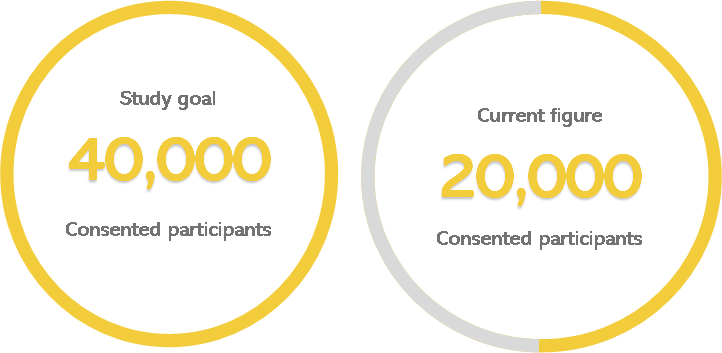
**Data are from December 2018
Age? The majority of current GLAD Study participants are aged 16-35 years (56%), which has increased recently following a big recruitment push via social media campaigns. This is followed by those aged 36-50 years (27%), 51-65 years (14%) and 66+ years which accounts for 3% of our sample.
Gender? As would be expected given the gender difference in prevalence rates, the majority of the sample (75%) identify as female, and 23% of the sample identify as male. Less than 2% prefer to self-define, identify as non-binary, prefer not to answer or do not know.
Ethnicity? Most of the current participants self-identify as White (93%), with 2.9% Mixed, 1.4% Asian or Asian British, 0.4% Black or Black British, 0.1% Arab and 1.1% Other. The GLAD team are aware of the under-representation of BAME communities in mental health research, and we are collaborating with BipolarUK and other groups in order to try and increase recruitment within all groups.
Employment status? Current participants employment status is extremely varied. As would be expected, there is an increased rate of those unable to work compared to UK population, given that this study recruits those who have experienced clinical levels of depression and/or anxiety. The largest recruited group are those employed, followed by those in education, unable to work and then a mix of voluntary work, retired, unemployed, looking after home/family or none of the above.
Where can the GLAD Study take us?
The GLAD study aims to further understanding of the development and treatment of anxiety and depression. To do this, GLAD needs to be able to access many people who have had or currently have these diagnoses. Once a participant has signed up, they provide consent for us to access three things; their medical records, their phenotypic data (information about their experiences), and a saliva sample. They also consent to be re-contacted for future research. From the saliva sample, DNA will be extracted and included in the NIHR Mental Health BioResource. This will allow the GLAD Study to undertake research at the scale required to better understand the risks and to develop better treatments for future generations. The GLAD Study will hugely facilitate future research, as participants can be selected on the basis of genetic information (which will become available in a year or so), phenotypic information and/or and information from medical records. For example, so that they could identify people who have experienced a physical health condition and see how this relates to anxiety and/or depression. The possibilities are truly infinite.
This kind of large-scale national recruitment could be very helpful because people don’t have to have been treated to join our study and this could enable us to do some public health work around barriers to accessing treatment. We are delighted to have the support of several mental health charities including MIND, MQ, SANE and the Mental Health Foundation. We hope that through working with such charities we’ll be able to really raise the profile of questions this community want to have answered.
How can I help?
Depression and anxiety are incredibly important disorders. This project will enable not only better understanding of their genetics, but also will facilitate many future studies on their development and treatment. Please support this effort by sharing information about the study on social media, and by informing your patients about this exciting new opportunity to help improve treatments and quality of life for future generations. As the GLAD Study is funded by the NIHR, recruitment is currently only open to people in England. However, we are excited to announce that this will extend to the rest of the UK in early 2019 and we really hope you will encourage your patients to support this important endeavour! www.gladstudy.org.uk
This is an independent blog and the views expressed in it do not necessarily represent ACAMH’s.
Authors

Dr Gerome Breen, Reader of Translational & Neuropsychiatric Genetics and Head of the NIHR Mental Health BioResource, is one of the two leads of the GLAD Study. Gerome works on the genetics of affective disorders, psychosis and eating disorders. Gerome’s ultimate goal is to discover the biological basis of common psychiatric disorders, the GLAD Study will take research a big step toward this.

Professor of Developmental Behavioural Genetics at King’s College London, Thalia runs the EDIT Lab (Emotional Development Intervention and Treatment Lab), and is the other lead for the GLAD study. Thalia mostly works on the reasons why people differ in how they respond to life’s experiences. Thalia coined the term ‘Therapygenetics’ and has a keen interest in how genetic factors are involved in the development and treatment of emotional symptoms.

Anna is an undergraduate in BSc Psychology who is currently working as a placement student at the Social Genetic Developmental Psychiatry centre, King’s College London. Anna largely works on the GLAD Study recruitment as an online resource and would like to work on genetic links to mental health disorders in the future.
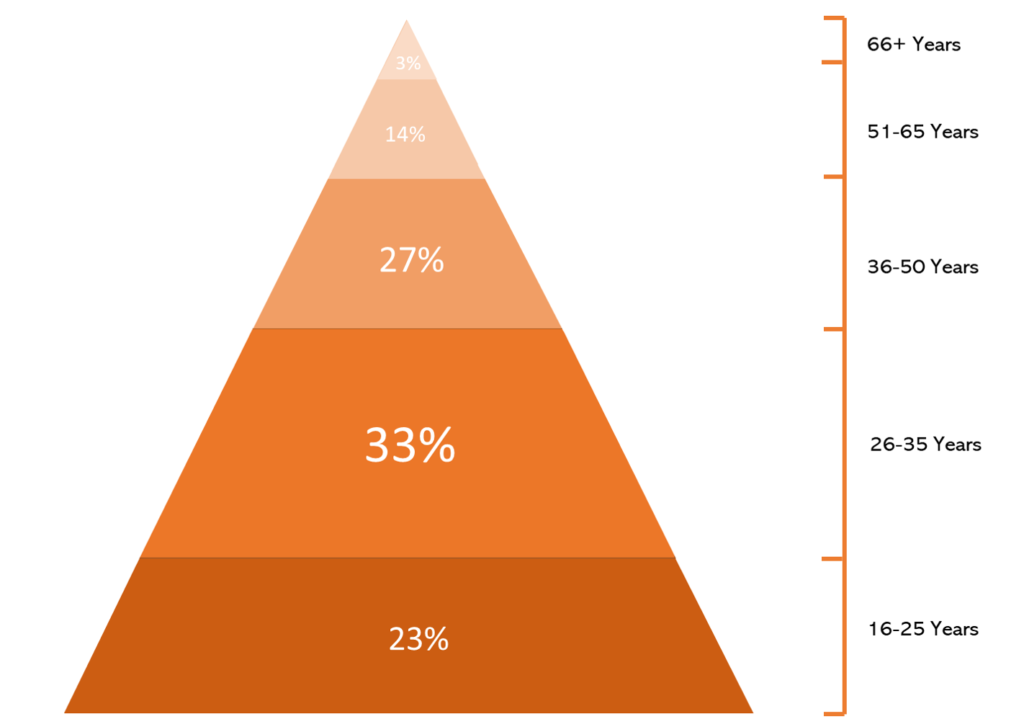
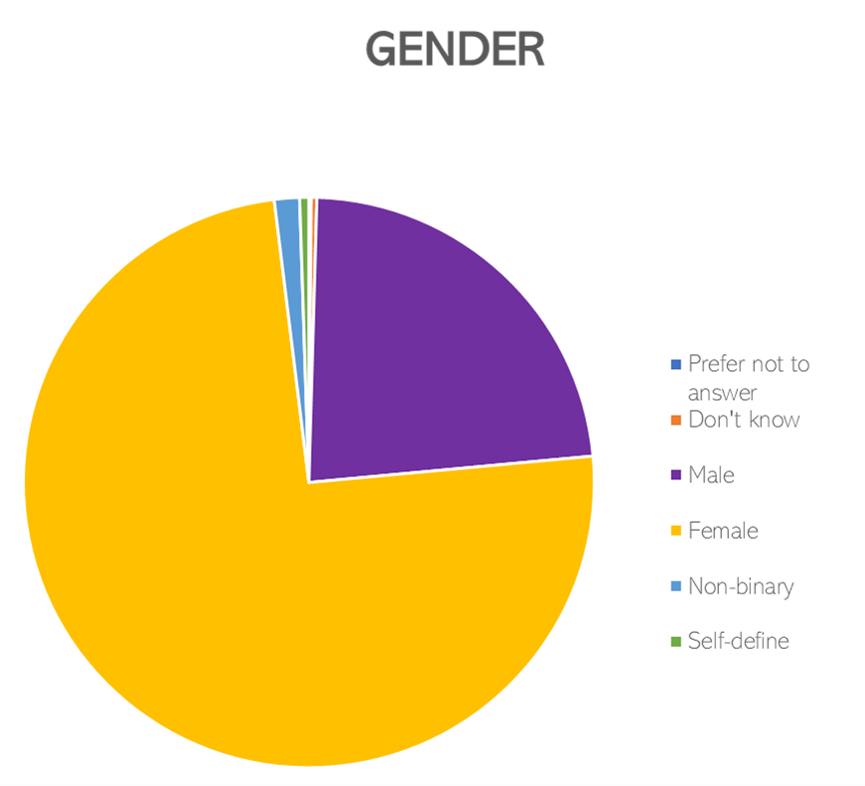

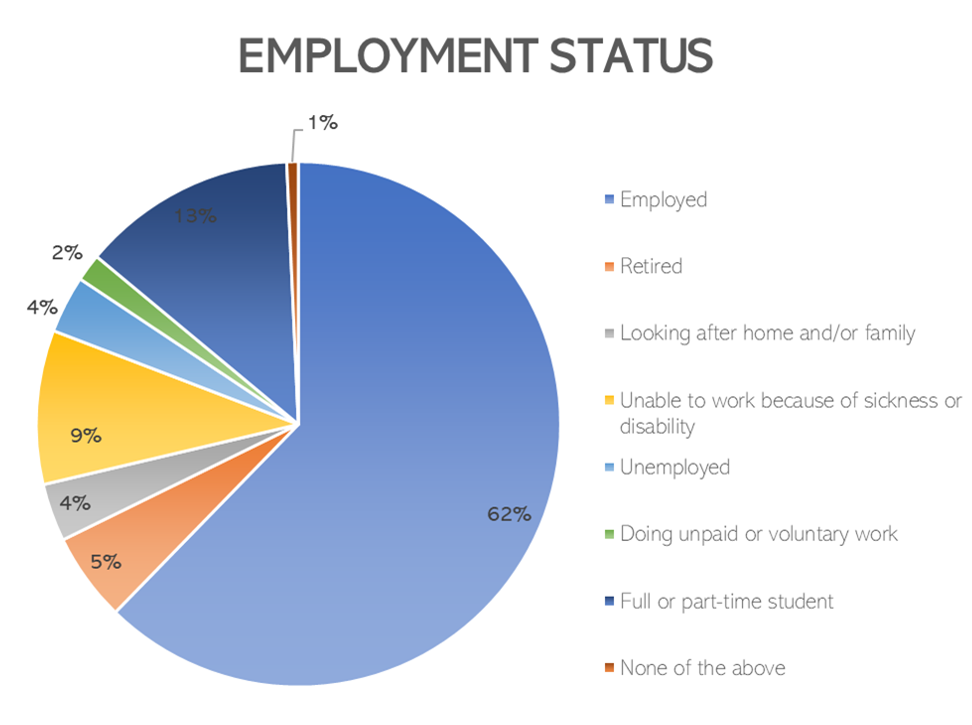

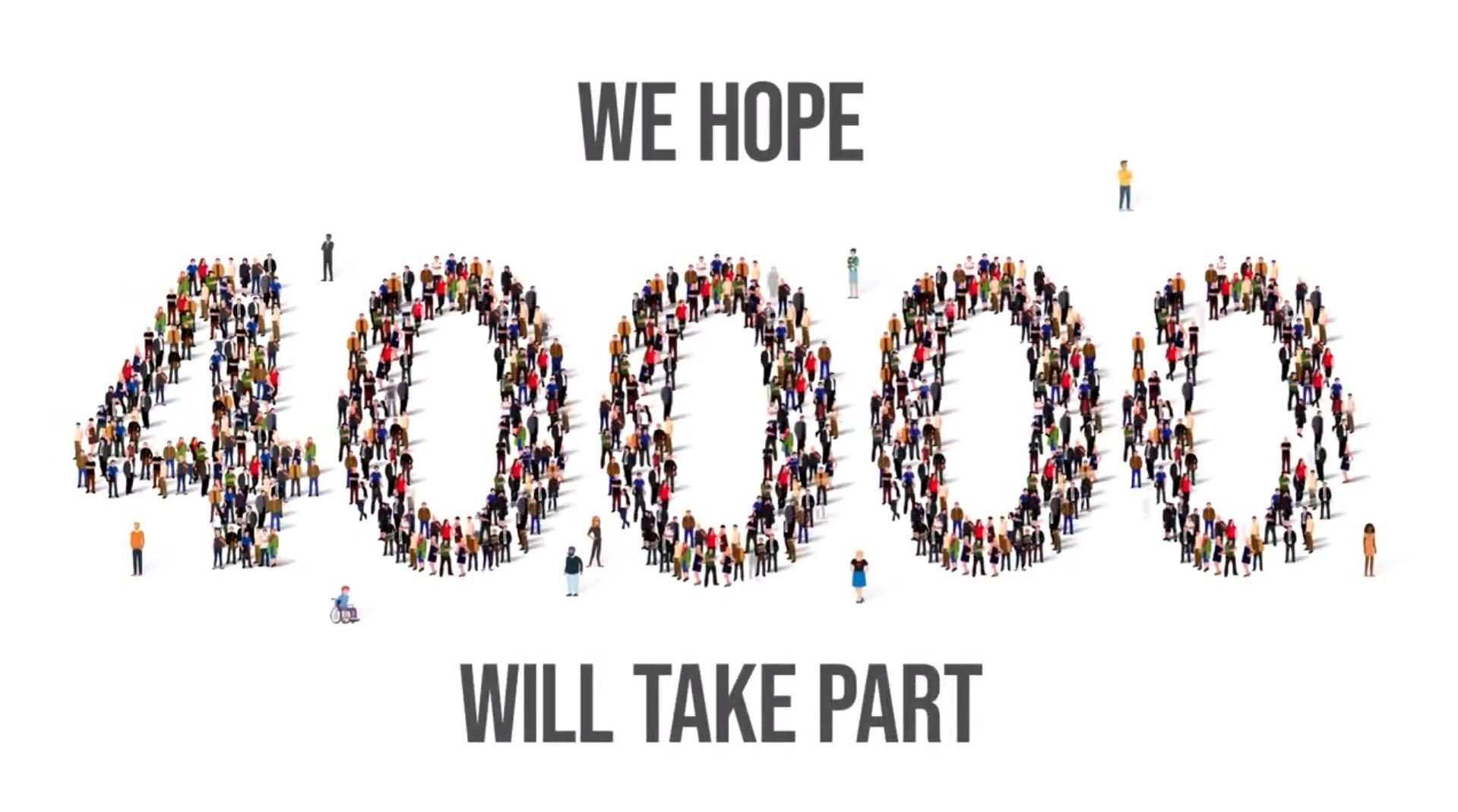
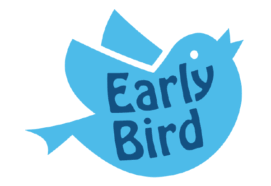


Discussion
If u have issues with drug dependency are u still able to try out for this.
The GLAD study can confirm this if you go to https://gladstudy.org.uk/
happy to take part
have had manic depression
You can sign up at https://gladstudy.org.uk/
I have suffered from depression since early teens. I am now 70. I would be happy to take part in the study.
Hi, you can sign up direct at https://gladstudy.org.uk/
I want to congratulate you for this huge investigation and do hope enables everyone to a better understanding and treatment of these types of disorders. I will be unable to participate as I live in a Latin American country. However I am looking forward the results as a clinical psychologist in order to better help my patients! Thank you again and good luck in your recruitment!
Hi Maria, we would like to thank you for your encouraging feedback.
We are also really looking forward to the results of the GLAD Study.
Best wishes,
Anna
The GLAD Study Team
I have signed up and am on the re-contact list but the website won’t let me go beyond the sign up page so I am unable to complete the treatment questionnaire. It is both frustrating and disappointing.
Perhaps try the website homepage and navigate from there, it is http://www.gladstudy.org.uk